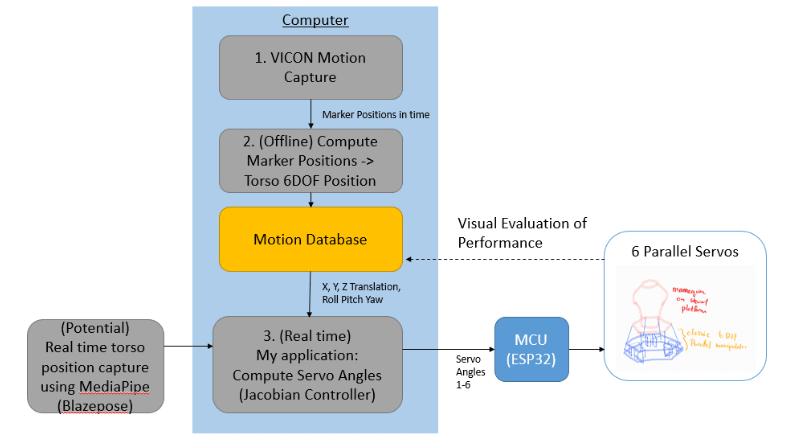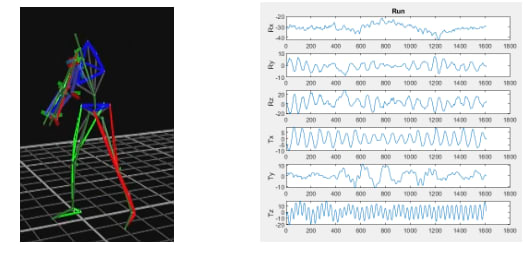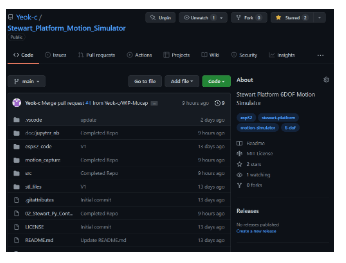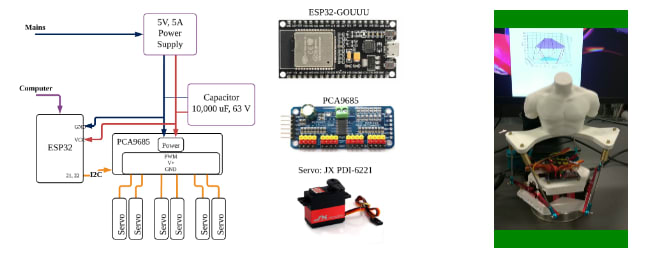6DOF Motion Simulator for Functional Apparel Design (Second Runner-up)
Follow articleHow do you feel about this article? Help us to provide better content for you.
Thank you! Your feedback has been received.
There was a problem submitting your feedback, please try again later.
What do you think of this article?
By Yeok Tatt, CHEAH
The activewear sector is a growing market. The global activewear sector was US$351 billion in 2017 and it is expected to increase to US$567 billion by 2024. In China, the activewear market exceeds US$30 billion in 2016. It is projected to grow to US$43 billion in 2021. Nowadays we can see that companies are turning to data-driven /simulation-assisted design. In our university, this design is addressed by conducting running trials on a wide range of subjects. Some simulation-based experiments for functional or intimate apparel design are explored. Moreover, some hardware motion simulators for the design are currently working on. In this project, a 6DOF (six degrees of freedom) hardware motion simulator is developed for functional apparel design. The design of the simulation is shown in Figure 1.
Figure. 1
In the beginning, the motions of various exercises (e.g., ping pong, badminton) are captured (see Figure 2). Then, Matlab is used to compute the positions of motions from 3D Markers (see Figure 3). After that, a real-time controller is developed for 3D plots (see Figure 4). Finally, a simulation is developed with an MCU (ESP32), a servo driver (PCA9685), and some servos with a 3D printing model (see Figure 5).
Figure. 2
Figure. 3
Figure. 4
Figure. 5
The demonstration video is shown below.
Comment by judges: The product looks great. It can follow a series of motions very well and the demonstration is very good to show that it works properly. Moreover, it is not easy to work out this product by one single person. However, it is not very easy to find out appropriate applications for this product.





